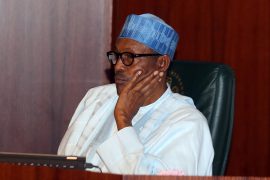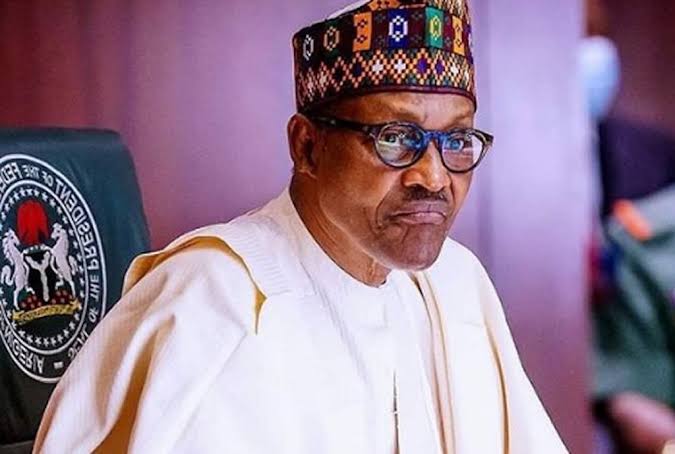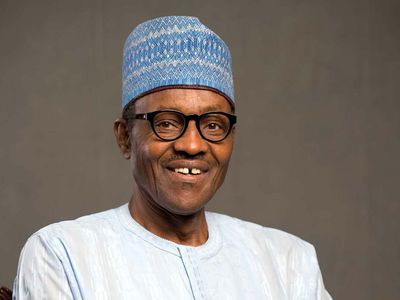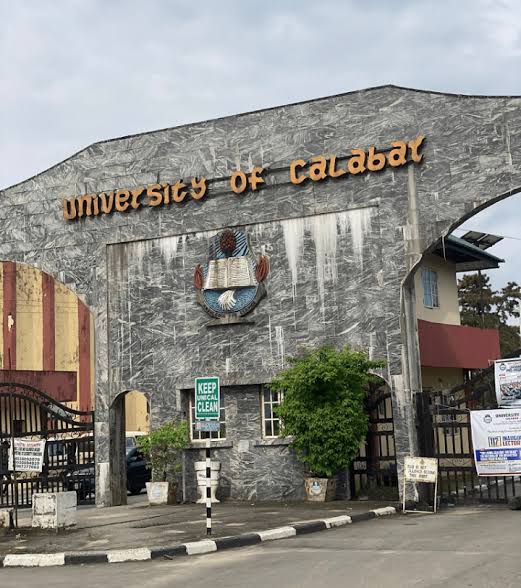2019: Why incumbency factor may favour Buhari

By Ewa Chiamaka
Prior to the previous administrations in Nigerian democratic political systems, the privileges of incumbency has been an entitlement to those who occupy executive offices. We talk of “incumbency factor” in an election in a situation in which one of the competitors is the occupant of the position being contested for. Otherwise, an election in which an incumbent is not involved is referred to as an “open seat” election.
During elections for example, an incumbent president obtains a lot of free publicity and often, public support, by simply doing his normal work of supplying public goods such as job creation programmes and public works. The president benefits from information on opponents because he has access and control over security and intelligence agencies. He gets to travel round the country at government expense except when he goes out for explicit campaign purposes. In such case, the difference between a campaign trip and a trip to open a hospital could be difficult to establish.
The privileges of incumbency is therefore a legitimate benefit that all executives in positions of power enjoy. Although it is enjoyed, it is pertinent to know that it all poses as a threat to democracy as it makes it difficult for the opposition to compete effectively against incumbents.
The first election in the Nigerian current republic, the 1999 election that pitched General Olusegun Obasanjo against Chief Olu Falae, and that of 2007 which pitched Umaru Musa Yar-Adua against Muhammadu Buhari and Atiku Abubakar, among others, pass for an open seat election, while the presidential elections of 2003, 2011 and 2015 have been elections in which the incumbency factor played out.
Olusegun Obasanjo sought re-election in 2003, while Goodluck Jonathan did same in 2015. Jonathan succeeded Yar-Adua who died in office in 2010 and was therefore an incumbent President when he contested and won an election of his own in 2011.
Hopefully, Nigeria’s incumbent President Muhammadu Buhari, if seeking re-election in 2019, will not buy into the negative aspects of the incumbency factor which have for so long defamed our nation in the comity of civilised societies. It will be a great damage to his perception of being a man of integrity if he were to have inherited that such culture from his predecessors
Okpanachi of Joe Abrahams (SAN) and company, who is a political analyst and social commentator said “no candidate would be able to beat Buhari in the 2019 general elections.” He added that he (Buhari) could influence and shape the political space coupled with the fact that those in the North trust him more than any leader.
He said: “Buhari also had support from the gov of Kano state and members of the National Assembly and Many Nigerians.”
President Buhari’s recent proclamation of June 12 as Democracy Day is what one can describe as positive deployment of the incumbency factor in politics. He has righted, what to many, is the injustice inflicted on society and an individual in the person of Moshood Abiola in 1993 when the results of a presidential election arbitrated to have been free and fair were annulled by the then military government of Ibrahim Babangida.
President Buhari might have undoubtedly earned himself new friends from the Southwestern people by that singular act.
Though the power of incumbency should not be a factor for any political office but in a country like Nigeria where most of the power if not all have been vested on the president, there is no doubt in saying that “incumbency factor” will come to play in the 2019 general election. The power vested on the president could be seen in the recently conducted gubernatorial elections in some states of the federation – Ekiti and Osun state are case study in this regard. In a country where the INEC chairman was chosen by the president, what should we expect from an election conducted by such chairman?
2019 general election is fast approaching and Nigerian eyes are wide open but would there be change of power thereafter?




